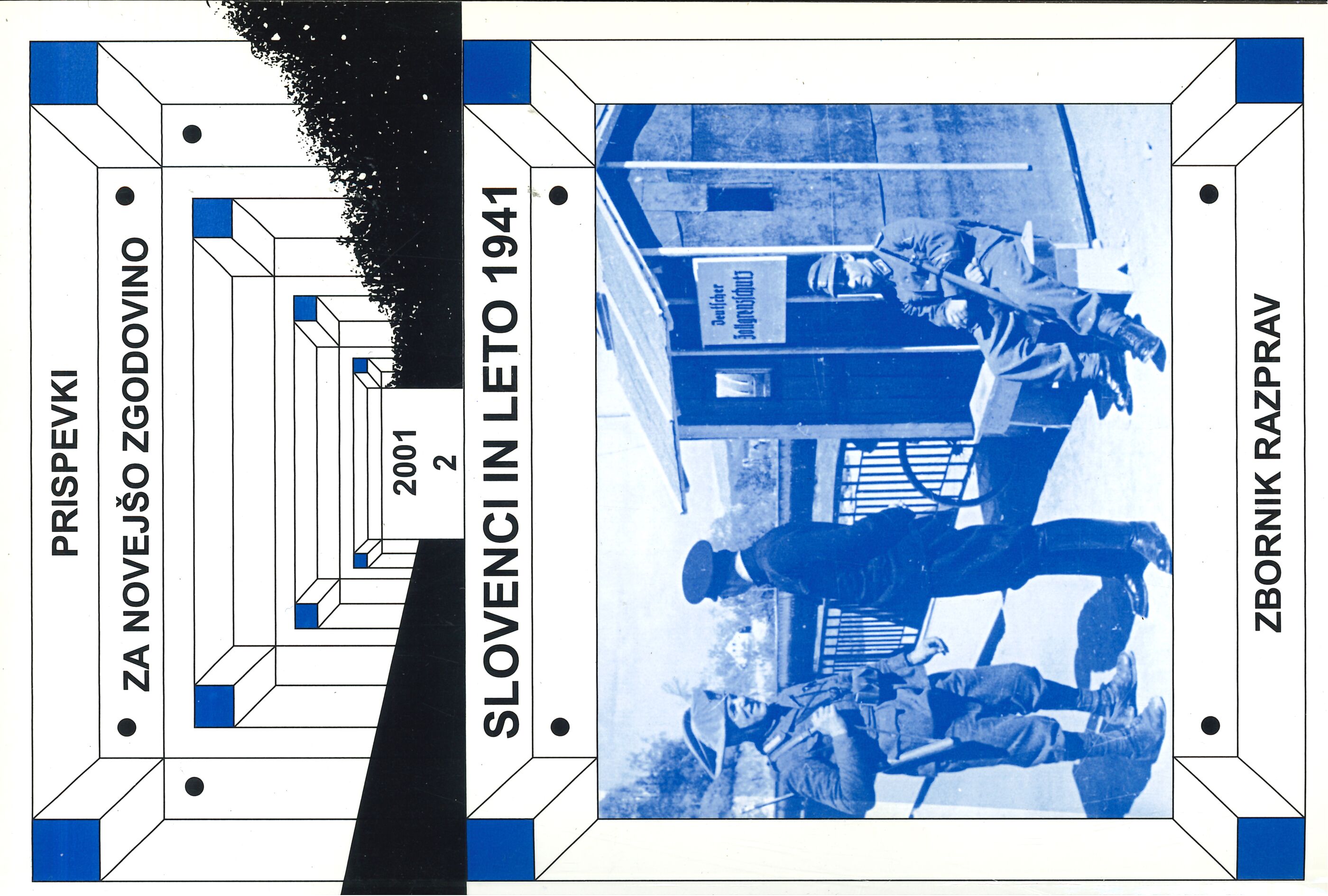American Slovenes and 1941
Keywords:
American Slovenes, emigrants, Second World War, USA, isolationism, pressAbstract
Alarmed by the German invasion of Poland, American Slovenes entered the year 1941 fearing that the horrors of war threatened their 'old homeland' as well. Their feelings swung between the hope that Yugoslavia would be able preserve its neutrality and the fear that it might join the Axis Powers or be destroyed by their military machine. On the basis of press articles by Slovenes of all political backgrounds published in the US at that time, the author shows that most American Slovenes experienced the war and the carving up of their 'old homeland' as a personal tragedy, although there were also some who welcomed the collapse of Yugoslavia with enthusiasm. Soon after the invasion of Yugoslavia, American Slovenes began organizing aid for their suffering compatriots by founding the Slovene Section of the Yugoslav Auxiliary Committee (Jugoslovanski pomožni odbor - Slovenska sekcija) and the Auxiliary Campaign of the Slovene Parishes (Pomožna akcija slovenskih župnij). American Slovenes enlisted in the US military forces thereby demonstrating their loyalty as naturalized citizens to their 'new homeland'. By the second half of 1941 several thousand Slovene emigrants were undergoing military training under the American flag and were, together with their host country, drawn into the Second World War on 7 December 1941 after the Japanese attack on Pearl Harbor.
Downloads
Published
Issue
Section
License
Authors who publish with this journal agree to the following terms:
- Authors retain copyright and grant the journal right of first publication with the work simultaneously licensed under a Creative Commons Attribution License that allows others to share the work with an acknowledgement of the work's authorship and initial publication in this journal.
- Authors are able to enter into separate, additional contractual arrangements for the non-exclusive distribution of the journal's published version of the work (e.g., post it to an institutional repository or publish it in a book), with an acknowledgement of its initial publication in this journal.
- Authors are permitted and encouraged to post their work online (e.g., in institutional repositories or on their website) prior to and during the submission process, as it can lead to productive exchanges, as well as earlier and greater citation of published work (See The Effect of Open Access).


